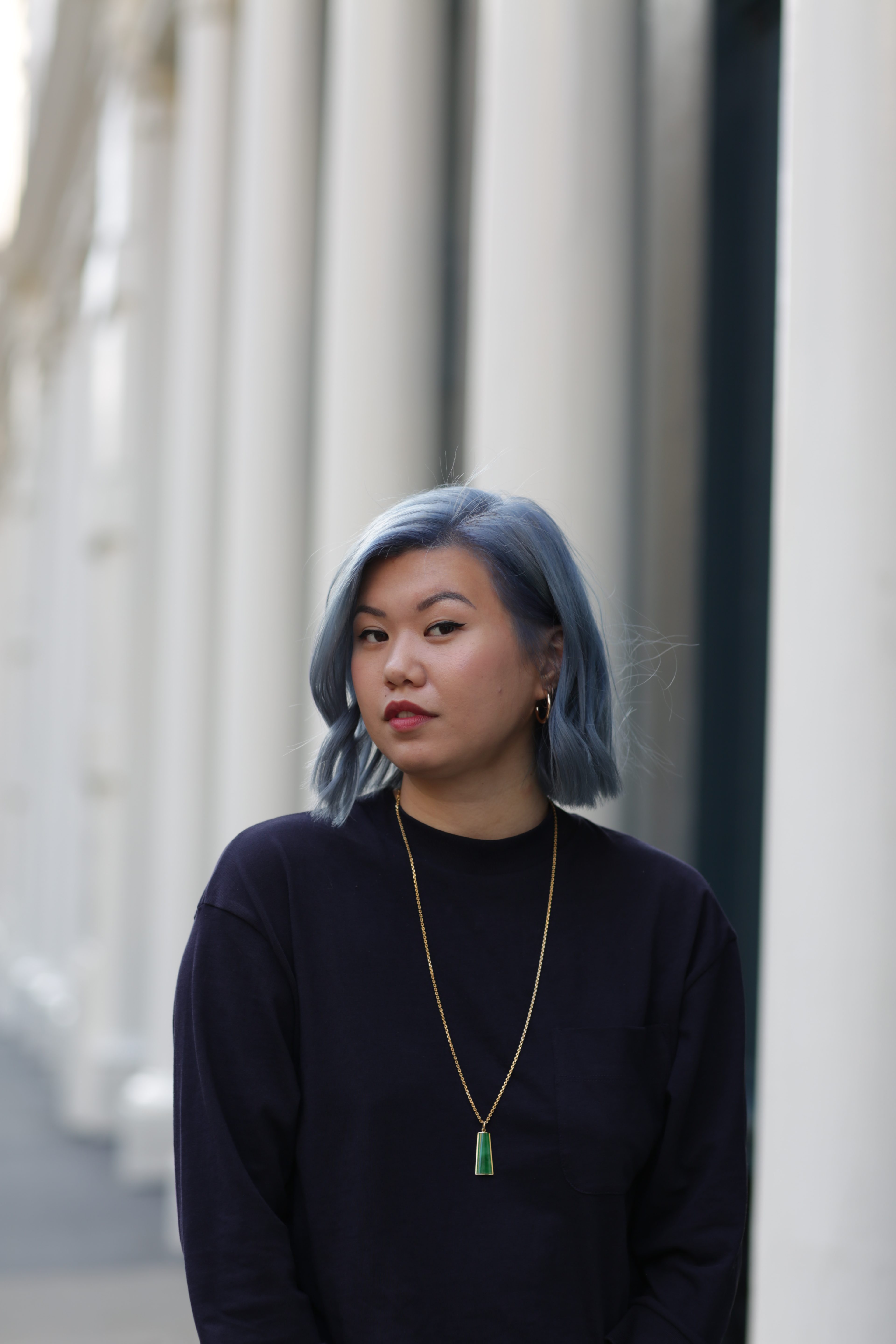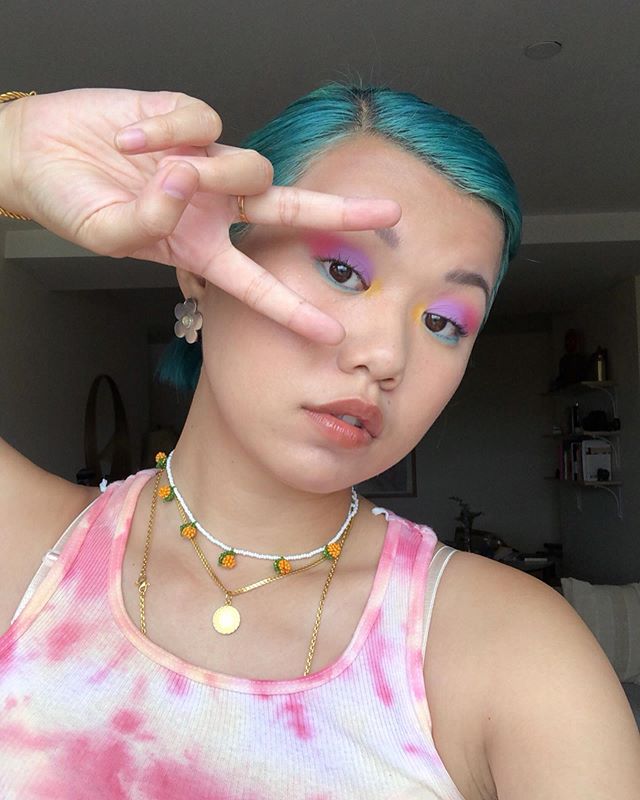Born in California to a Singaporean mother and Franco-Chinese father, Mi-Anne Chan was raised on familial values that contributed to the close connection with her family on both parents’ sides. Realizing her international politics major wasn’t for her, Chan entered the journalistic scene via a beauty internship at W Magazine while still in school. Since then, she created her own video column “Beauty with Mi” for Refinery29 and is now Video Director at Condé Nast Entertainment. From social justice issues to sustainability, Chan has no fear in sharing stories and spreading messages about the things that mean most to her. Just in time for Asian Pacific American Heritage Month, we caught up with Chan about childhood traditions in Singapore and how representation in the media is changing with regards to inclusivity.
Mi-anne, tell us more about yourself.
I am a Video Director at Condé Nast Entertainment. The way that Condé Nast breaks up its video is kind of interesting. I’m on the development team, so our team essentially develops pilots, produces anything new…new series across all the Condé Nast brands editorially. We’re pitching across everything like Wired and Bon Appétit.
I’m a director, so we do a lot of the creative development for the series, from pitching concepts to production and development. It also includes interviewing sources, finding talent, and outlining the format and structure of the video. Essentially, we’re building the series and then directing on set and assisting with editing in post-production. I started in October after being at Refinery29 for five years when I had my show. In a nutshell, that show was one of the highlights of my life and career.
My mom is Singaporean. She was born and raised in Singapore. My dad is Franco-Chinese, but he was actually born and raised in Madagascar. My grandfather immigrated, with nothing, from China to Madagascar when he was very young. He married a Chinese woman there and they had children, so my dad was raised there. His first language is actually French and he does speak Cantonese, but he’s not that good at it. He then moved to Paris for his college years and went to McGill in Canada for University, which is where he met my mom. I was born in Montreal, but only lived there for a couple of years before my family moved to California. I am very Californian, but I spent my summers in Singapore, so I do consider Singapore my second home.
Does your family have any traditions that are especially important to you?
We always have a big Chinese New Year dinner. To me, our most important tradition, when we go back to Singapore, is going to Chin Chin. They’re very famous for their Hainanese chicken rice, a very popular dish in Singapore. For us, Singaporean traditions are always around food. Whenever we go back, my grandpa will make this soup for me that is super good. And when I go to my dad’s side, we always go to the same Chinese restaurant for dim sum. Growing up, we would always get together with our next-door neighbors for the full moon festival. We’d have moon cakes and get those little popping things that you throw on the ground. It was a very part of the way we grew up, and I think it’s very indicative of the Asian American experience.





